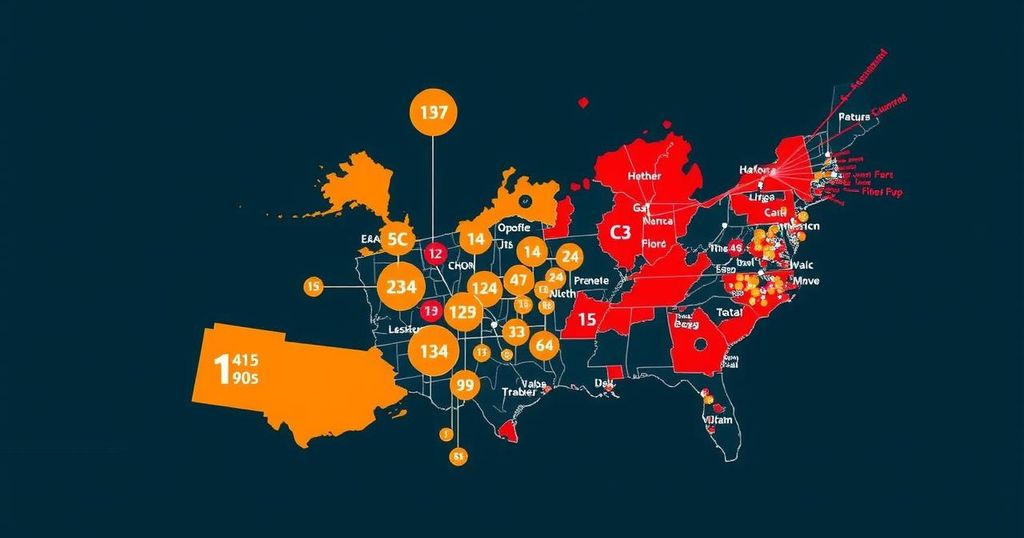The upcoming US presidential election is heavily influenced by the war in Gaza, causing traditional Arab American Democratic supporters to consider Donald Trump, which is alarming the Democratic Party as election results are uncertain. Media outlets are withholding endorsements amid this electoral tension, raising questions about future foreign policy outcomes linked to the election results.
As the United States approaches its presidential election, the ongoing conflict in Gaza is significantly influencing voter sentiment, particularly among Arab American communities. Traditionally aligned with the Democratic Party, these voters are now re-evaluating their commitments in light of the Biden administration’s backing of military actions in Gaza. This shift poses a challenge for Democratic candidates such as Kamala Harris, as a notable portion of this demographic appears to be gravitating towards support for Donald Trump. This unexpected pivot is raising concerns within the Democratic Party’s campaign team, which is already under pressure as the election results remain uncertain. Several prominent contributors to the discourse are emphasizing the potential ramifications of the electoral outcome on global conflict dynamics, such as those in Gaza, Ukraine, and Sudan. Amidst the backdrop of an election that could see substantial shifts in voter allegiance, various media outlets are adopting a cautious approach, refraining from endorsing candidates ahead of the results, indicating a hesitance to influence the electoral narrative.
The Gaza factor in the US election is a critical component in understanding the shifting dynamics of voter loyalty as the nation heads into a pivotal voting period. The ongoing war has served as a catalyst for reevaluating traditional political allegiances, particularly among Arab American voters, who now face a dilemma between their long-standing Democratic sympathies and the shifting positions of political figures like Trump. This development underscores the broader implications of foreign policy on domestic electoral strategies and highlights the significance of crucial voter blocks in determining the election’s outcome.
In summary, the current electoral landscape is increasingly complicated due to the escalating conflict in Gaza, which is compelling Arab American voters to reconsider their political loyalties. This situation poses a significant challenge for the Democratic Party, potentially affecting the outcome of the presidential election. As media outlets navigate this charged atmosphere without issuing endorsements, the implications of these voter shifts on international conflicts and domestic policies remain a central focus leading into the election.
Original Source: www.aljazeera.com






